Introduction
Benign Prostatic Hyperplasia" (BPH), a common condition where the prostate gland gradually enlarges with age. This enlargement is non-cancerous and typically occurs in men as they get older.Benign prostatic enlargement occurs due to the proliferation of prostate cells, leading to an increase in the size of the gland
Understanding BPH
BPH primarily results from hormonal changes, particularly involving testosterone and its derivative, dihydrotestosterone (DHT). As men age, the levels of these hormones may increase, causing the proliferation of prostate cells and the subsequent enlargement of the gland. Factors such as age, family history, genetic predispositions, hormonal imbalances, chronic inflammation, and lifestyle choices (including diet and physical activity) can further contribute to the development of BPH.
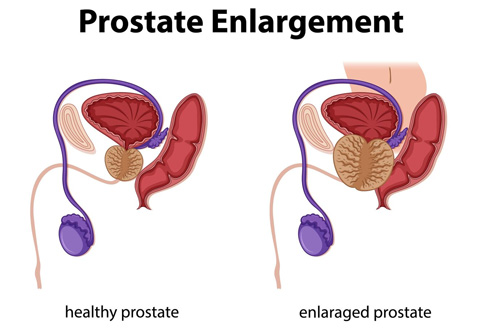
Causes of Benign Prostatic Hyperplasia
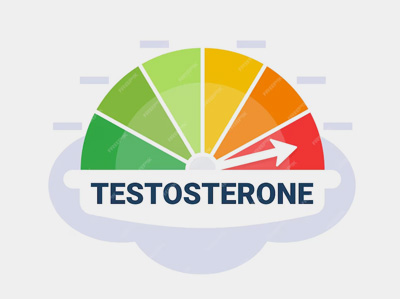
1) Hormonal Changes
The primary factor in the development of BPH is believed to be hormonal changes, particularly the influence of the male sex hormone testosterone and its derivative, dihydrotestosterone (DHT). As men get older, levels of testosterone and DHT may increase, leading to the growth and proliferation of prostate cells.
2) Family History and Genetics
Men with a family history of the condition are more likely to develop it themselves. Certain genetic variations may increase the risk of BPH.
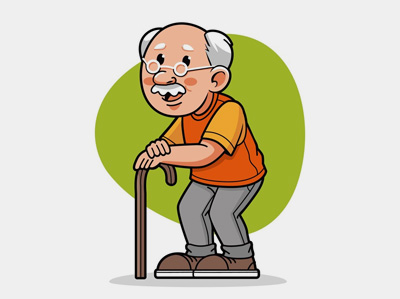
3) Age
BPH is predominantly a condition of older men. Majority of men over the age of 50 are experiencing some degree of prostate enlargement. By age 80, around 90% of men will have BPH.
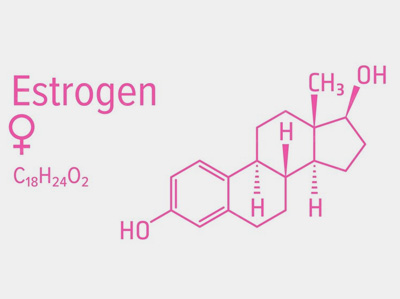
4) Hormonal Imbalances
Imbalances in hormone levels, such as an increase in oestrogen, may contribute to the development of BPH.
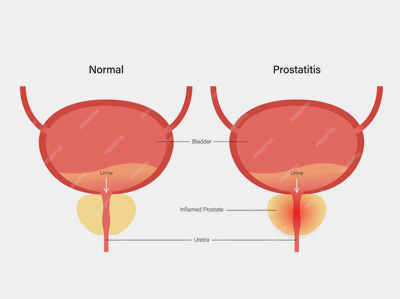
5) Inflammation
Chronic inflammation of the prostate gland (prostatitis) may play a role in the development or progression of BPH.
6) Lifestyle Factors
Certain lifestyle factors, such as obesity, lack of physical activity, and a diet high in saturated fats and low in fruits and vegetables, have been associated with an increased risk of BPH.
Symptoms of Benign Prostatic Hyperplasia

1) Urgency
A sudden and compelling need to urinate, which may be difficult to postpone.
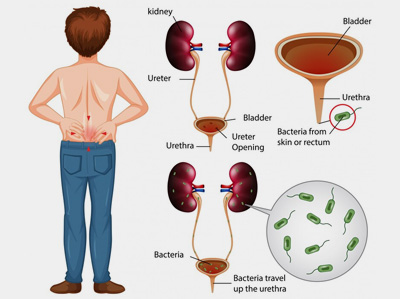
2) Urinary Tract Infections
BPH can increase the risk of UTIs due to urinary retention and incomplete bladder emptying.
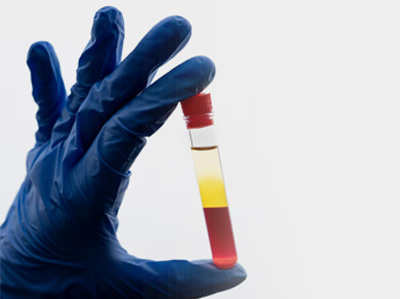
3) Hematuria
Blood in the urine, which may be visible or detected on urinalysis.
4) Urinary Frequency
Needing to urinate more often than usual, day as well as at night.
5) Weak Urine Stream
flow weak or dribbling urine stream.
6) Hesitancy
Difficulty starting urination despite feeling the urge to urinate.
7) Incomplete Emptying
Feeling like the bladder has not completely emptied after urination.
8) Straining
Needing to strain or push to start or complete urination.
9) Intermittent Urinary Flow
Urine flow that starts and stops during urination.
10) Incontinence
Inability to completely empty the bladder, leading to involuntary leakage of urine.
11) Urinary Retention
In severe cases, BPH can lead to urinary retention, where the bladder cannot empty completely, causing discomfort and increasing the risk of urinary tract infections.
Diagnosis
- Digital rectal examination : to assess size, shape, and consistency of your prostate gland.
- Blood Tests : prostate-specific antigen (PSA) test, may be done to measure PSA levels in the blood. Elevated PSA levels can indicate various prostate conditions, including BPH and prostate cancer.
- USG : To assess the size , shape of prostate , residual urine output
Homoeopathy and BPH
Homoeopathy offers a natural and holistic approach to managing Benign Prostatic Hyperplasia (BPH), focusing on alleviating symptoms and addressing the underlying causes of the condition. Unlike conventional treatments, which often involve medications or surgery, homoeopathy aims to stimulate the body's own healing mechanisms using highly individualised remedies.
Homoeopathic medicines for BPH
- Conium
- It mainly acts on glands and causes its enlargement
- Suited to old people with great debility
- Much difficulty in passing urine
- It flows and stops again
- Interrupted discharge of urine
- Dribbling of urine in old men
- Baryta carb
- It is a useful remedy in conditions of enlarged prostate
- Frequent urging to urinate
- Burning in urethra on urinating
- This remedy is suited to old man when degenerative changes begin
- Sabal Serrulata
- Frequent urging to pass urine (especially at night)
- Difficulty passing urine
- Area around prostate feels cold
- Painful ejaculations and intercourse
- Patient passes prostatic fluid with stools
- Staphysagria
- It mainly acts on the genito- urinary tract
- Complains usually starts after bad effects of anger and insults
- Patient is very sensitive as to what others say about her
- Ineffectual urging to urinate
- Pressure on bladder feels as if it did not empty
- Sensation as if a drop of urine were rolling continuously along the channel
- Burning in urethra when not urinating
- Urging and pain after urinating
Benefits of Homoeopathic Treatment
- Individualised Care: Homoeopathy recognizes that each person is unique. A homoeopath will assess your symptoms, medical history, and lifestyle to prescribe a personalised treatment plan tailored to your needs.
- Gentle and Natural: Homoeopathic remedies are derived from natural substances and are known for their minimal side effects. They work in harmony with the body, promoting self-healing and overall well-being.
- Holistic Approach: Homoeopathy takes into account not only the physical symptoms but also the emotional and mental aspects of an individual. It aims to restore balance at all levels, providing comprehensive care.
- Long-Term Relief: By addressing the underlying causes of Ulcerative Colitis,homoeopathy strives to achieve long-term relief and improved quality of life.
Patient Review
Consulting a Homeopath
Consulting a qualified homoeopath is crucial for the effective management of BPH. At Sanjivani Homoeopathic Clinic, we provide personalised treatment plans based on detailed case assessments. Our approach involves understanding the patient's complete medical history, lifestyle, dietary habits, and emotional well-being. By considering these factors, we can select the most appropriate homoeopathic remedies and provide comprehensive care.
Our holistic treatment not only aims to reduce the size of the prostate and alleviate symptoms but also emphasises the importance of proper diet, regular exercise, and lifestyle modifications. This integrated approach helps in achieving long-term health benefits and improving the overall quality of life for our patients.
Sanjivani Homeopathy Clinic USP
- No homoeopathy Dietary Restrictions:
Allows patients to enjoy foods like onion, garlic, and coffee, ensuring a stress-free treatment journey.
- 24/7 Online Consultations:
Enables convenient access to doctors with detailed counseling, history management, and follow-ups.
- Highly Skilled Team:
Experienced BHMS and MD doctors, supported by multilingual and professional staff.
- Patient-Centric Care:
Simplifies treatment with modern, adaptable solutions and clear communication.
Click Here for Detailed "Sanjivani USP"
FAQ's
- What is homoeopathy ?
Homoeopathy is a holistic science which belives in the law of Similia Similibus Curenter i.e Like Cures Like .It was discovered by Dr Samuel Christian Hahnemannn in 1796.
- Is there any side effects of homoeopathy?
As homoeopathic medicines are made from natural substances this medicines have no side effects and are completely safe to consume
- Is there any diet restriction to take homoeopathic medicines?
There are no diet restrictions for homoeopathic medicines. One should only avoid eating or drinking any liquid other than water at least 30 minutes before and after taking homoeopathic medicines.
Click Here for "Frequently Asked Questions."
Conclusion
Homoeopathy offers a safe, natural, and effective alternative for managing BPH. By focusing on the root causes of the condition, homoeopathic treatment can provide lasting relief from symptoms and potentially avoid the need for surgery. At Sanjivani Homoeopathic Clinic, we are dedicated to delivering personalised care through thorough case evaluations, lifestyle guidance, and tailored homoeopathic remedies. Our goal is to achieve a permanent cure and enhance the well-being of our patients, ensuring they enjoy a better quality of life.
Disclaimer : The information provided in this blog is for educational purposes only and should not be considered medical advice. Please consult with a qualified healthcare professional before starting any treatment for BPH or any other medical condition.


